The Hard Problems: A Resilient Civil Society To Face What’s Next
The NonProfit Times
DECEMBER 6, 2024
(Photo By Deposit Photos) By Marnie Webb From the frontlines of disaster relief to the forefront of technological innovation, civil society organizations are navigating a rapidly changing landscape. What does this mean for civil society in the coming year?

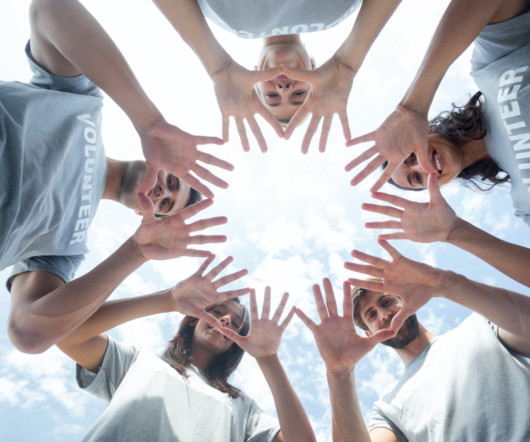
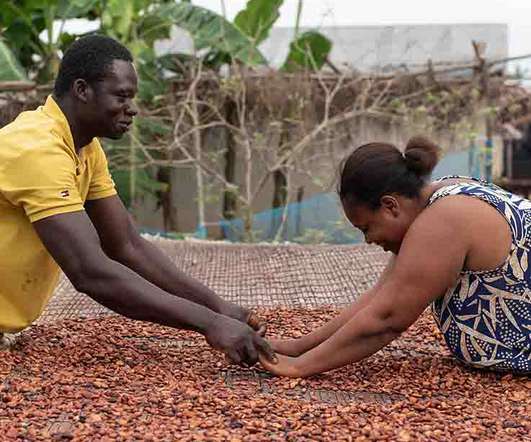
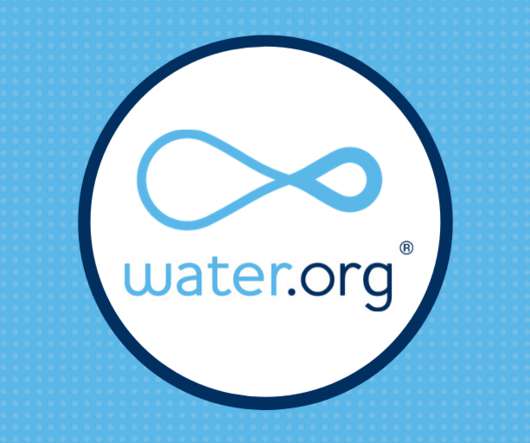
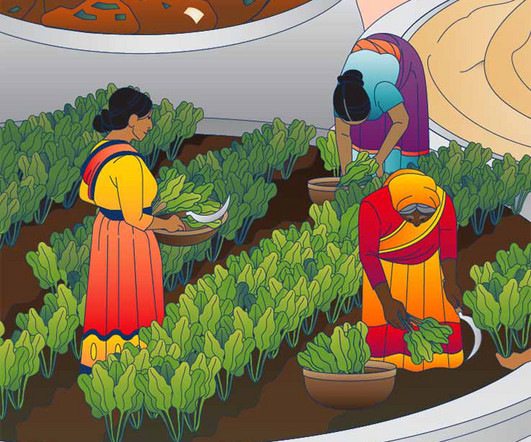

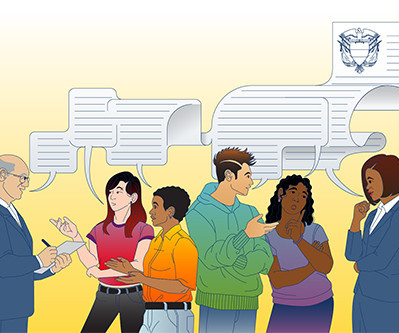
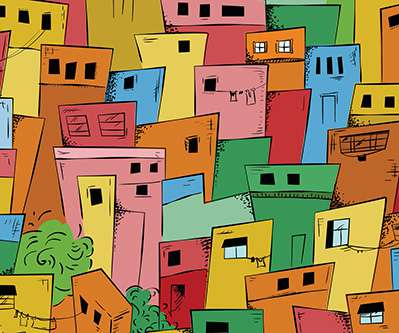
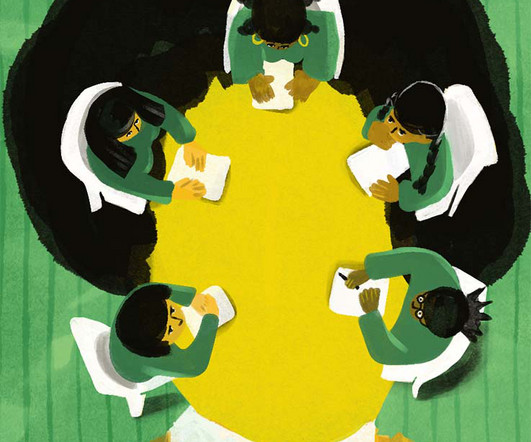

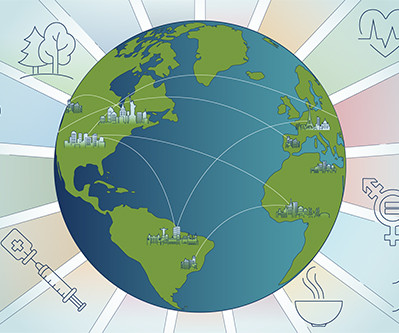
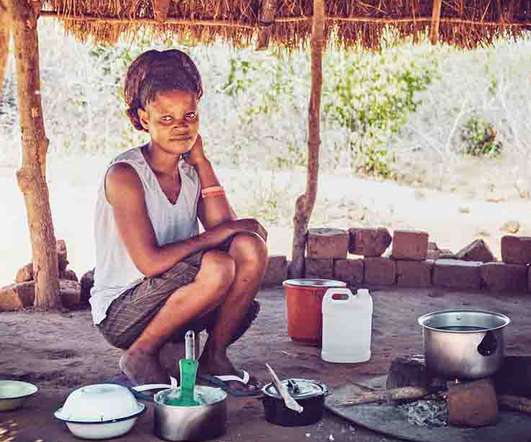








Let's personalize your content